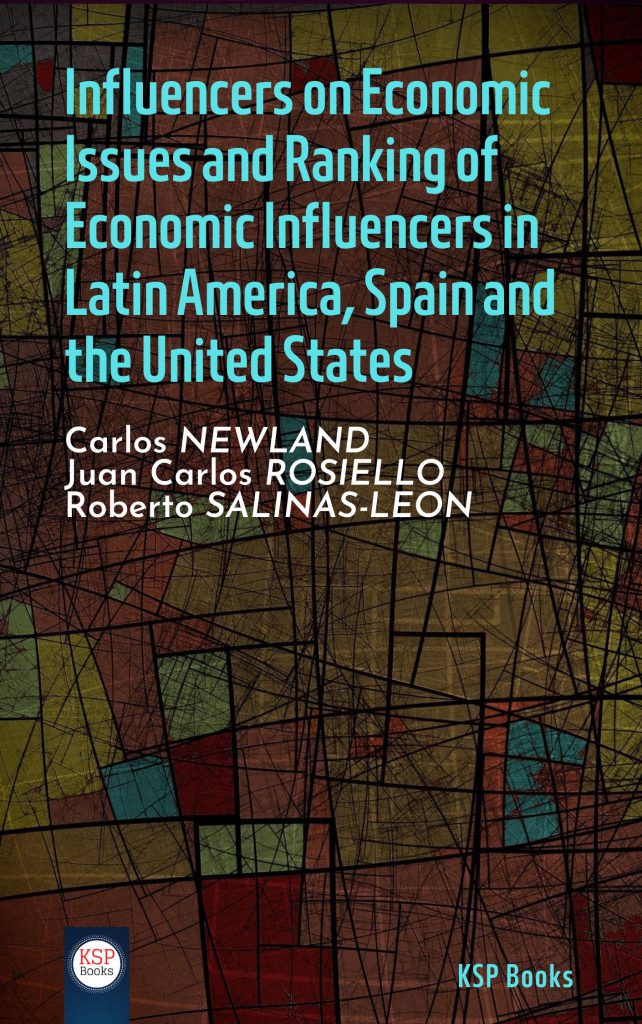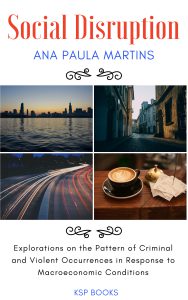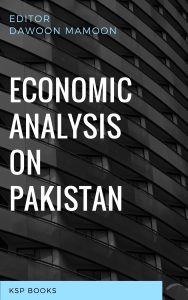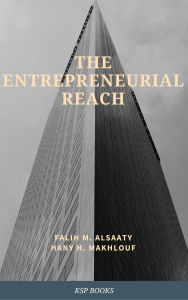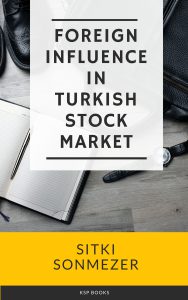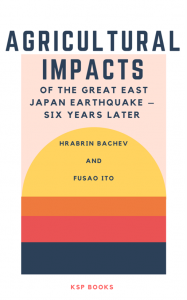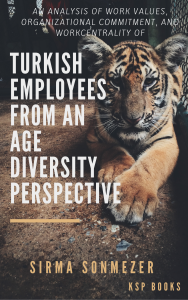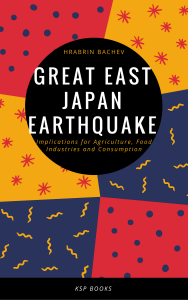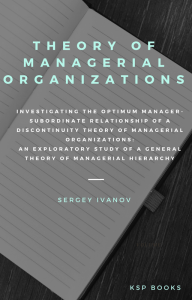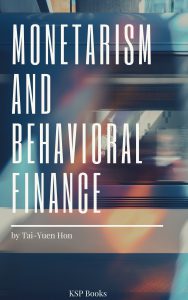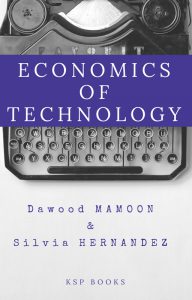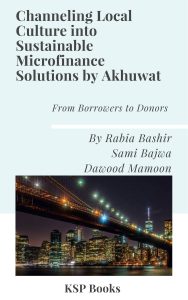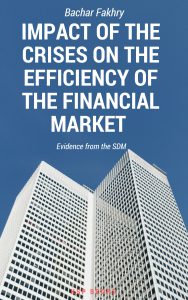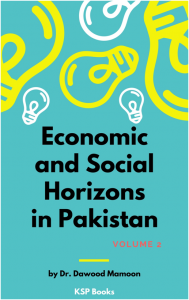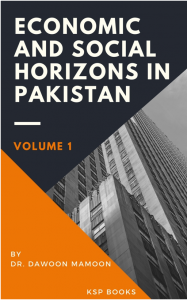Synopsis
The technological progress in our modern societies has witnessed the emergence of persons who deploy different means of communication across social networks, seeking to generate an impact among their audiences. These efforts in social media communications attempt to alter consumption preferences and patterns, political choices, as well as reinforce or modify opinions of all sorts and stripes. Individuals who attain greater relevance due to effects they trigger on third parties are characterized as influencers, and one of their preferred means of communication are online platforms or social media. Among them, Twitter stands out as the most conducive space for debates on ideas, political parties, or public policies. This social media platform is a microblogging service that allows a person to send short messages (up to 280 characters) that are displayed on a user’s individual page, and that are replicated on their followers’ pages. In this paper, we aim to identify the most important influencers in Latin America, the United States and Spain, who use this social media network to debate issues primarily related to economics and economic policy. On this subject, there is a very strong discussion about the role that the government should play in economic life, the pros and cons of greater regulation, the problem of income distribution, the impact of inflation, and the nature of free markets and capitalism. We will first describe the methodology we employed, in order to then proceed to illustrate a ranking of the ten most relevant influencers, in terms of number of followers, from Argentina, Brazil, Colombia, Chile, Mexico, Spain, and the United States. We then explore their profiles and present an analysis of the economic issues debated on the relevant Twitter accounts on a per country basis. Based on this analysis, we present a hypothesis on the positioning of influencers in economic matters. Finally, the global reach of the universe of influencers that are considered in this essay is described and measured.
Contents
About Author
ISBN
978-625-8190-56-4
Date of Publication
December 25, 2022
File Size: 1292 KB
Length: xii + 53 pages
This work is licensed under a Creative Commons Attribution 4.0 International License.
